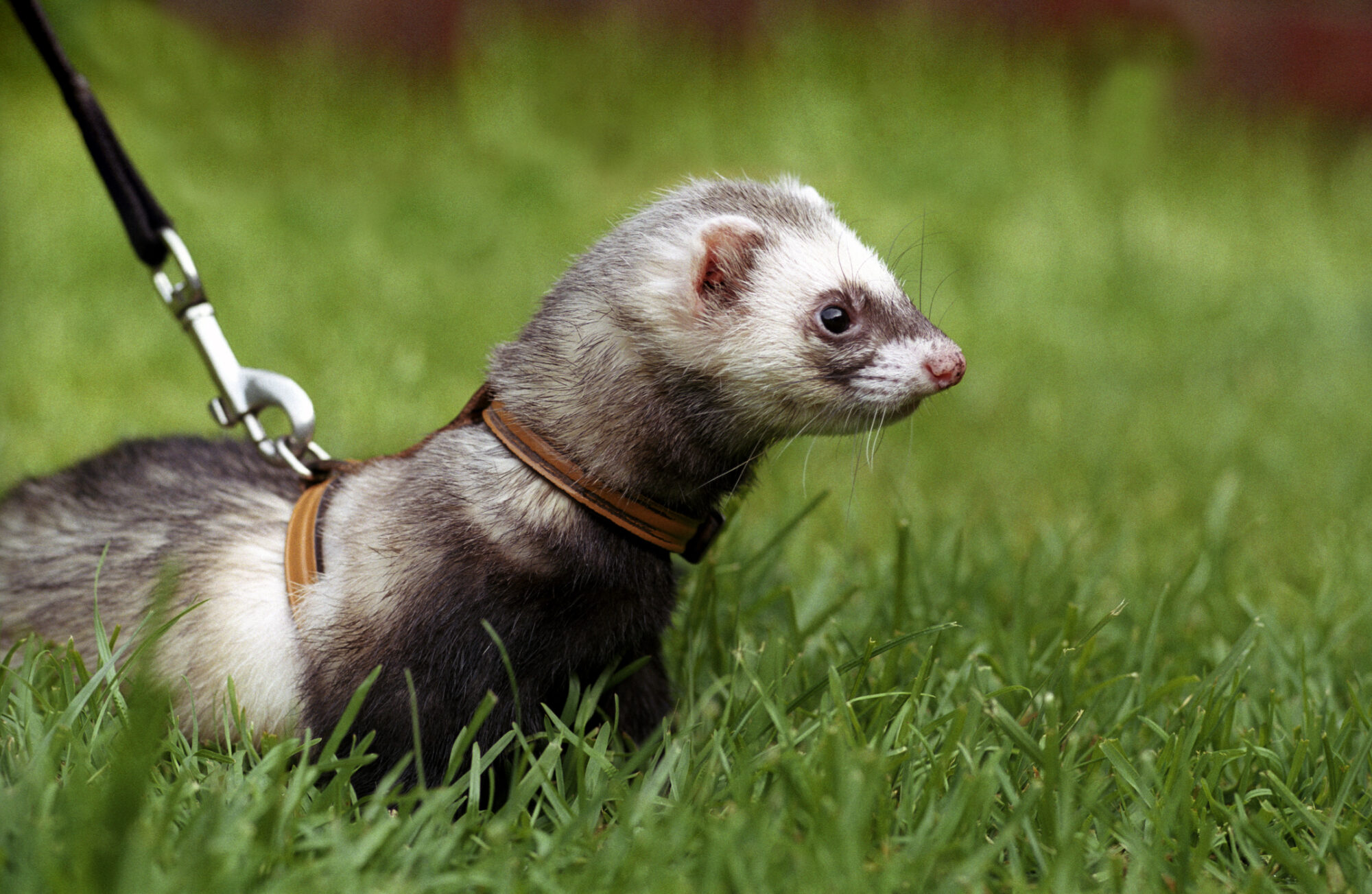Essential Tips for First-Time Ferret Owners

Intelligent, curious, and playful, ferrets are adorable members of the weasel family. If you’re thinking of adding one to your household, it’s important to do a little research up front to make sure owning a pet ferret is right for you.
At Texas Avian & Exotic Hospital, we provide a full range of veterinary care for ferrets and other small exotic mammals, and in this blog, we help first-time ferret owners understand the dos and don’ts of keeping ferrets as pets.
The Skinny on Ferrets
Before choosing ferrets as pets, there are some basic things you should know, particularly if there are young children in the house:
- Many ferrets will playfully nip their human companions, especially at first.
- Ferrets are extremely social and prefer to be in pairs, so prepare to bring home two.
- Although active and playful, their bodies are fragile, and they can be injured by inappropriate handling or if dropped.
- They need their beauty sleep—about 20 hours a day.
- On average, they live just 5-7 years.
How to Care for a Pet Ferret
When it comes to keeping ferrets as pets, they have specific housing and health needs that must be met for optimal wellness and quality of life. Follow these tips from our team on how to care for a pet ferret to keep your ferret friend happy and healthy:
Habitat Matters
- Don’t skimp on space. A ferret’s habitat should be as large as you can accommodate and with two or more levels. Wire cages that provide plenty of ventilation are ideal (do not use aquariums). Include perches, hammocks, and places to hide.
- Line the bottom of the cage with a washable rug or piece of vinyl flooring. Do not use pine or cedar chips as substrate as these may cause breathing problems.
- Avoid including any foam or rubber toys that the ferrets could chew apart and ingest.
- They can be litter box and piddle pad trained, and one should always be inside the cage.
- Position the habitat away from direct sunlight.
Promoting Optimal Health
Just like other pets, ferrets have specific health needs and should be examined once a year by an exotic animal doctor who practices veterinary care for ferrets. Your ferret’s veterinarian can recommend flea preventives, vaccines (especially rabies and distemper), and the best specialized ferret diet to feed your pet.
Here are some other health considerations to keep in mind when owning a pet ferret:
- Spaying or neutering ferrets is recommended when they are between 6 and 12 months old.
- Ferrets need their nails trimmed every couple of weeks and their ears cleaned at least once a month.
- Avoid store-bought treats (which are full of fillers) and opt for small pieces of cooked chicken or turkey.
- Make sure your ferret always has access to a litter box or piddle pad, as they have short GI tracts.
Veterinary Care for Ferrets
We’re happy to provide your ferret friends with veterinary care tailored for their specific needs. Please contact us today to schedule a visit. We’re looking forward to meeting you and your pet ferret soon!

